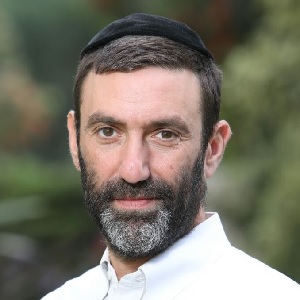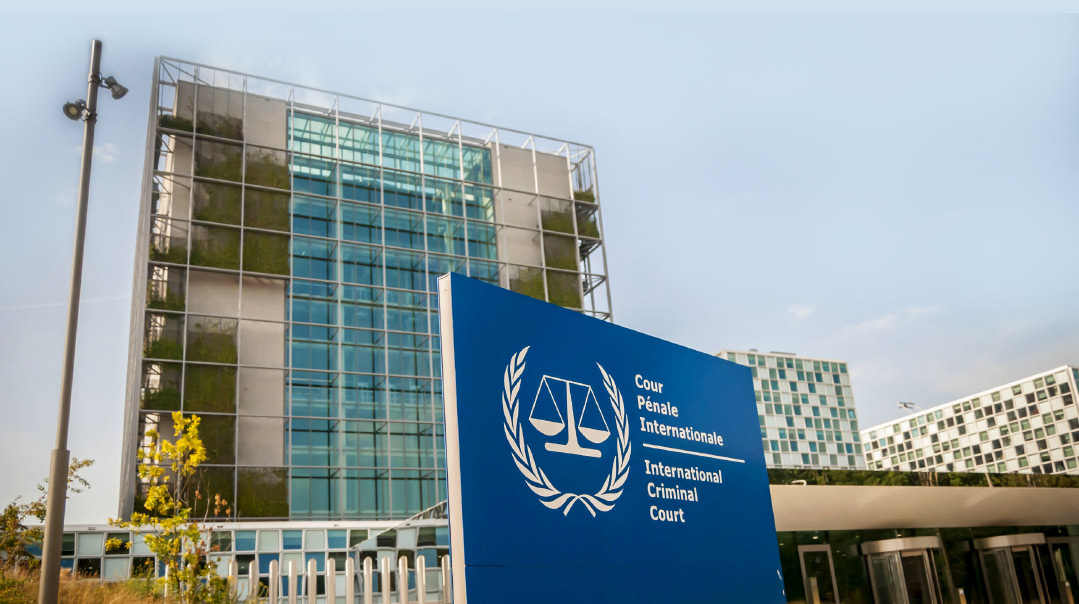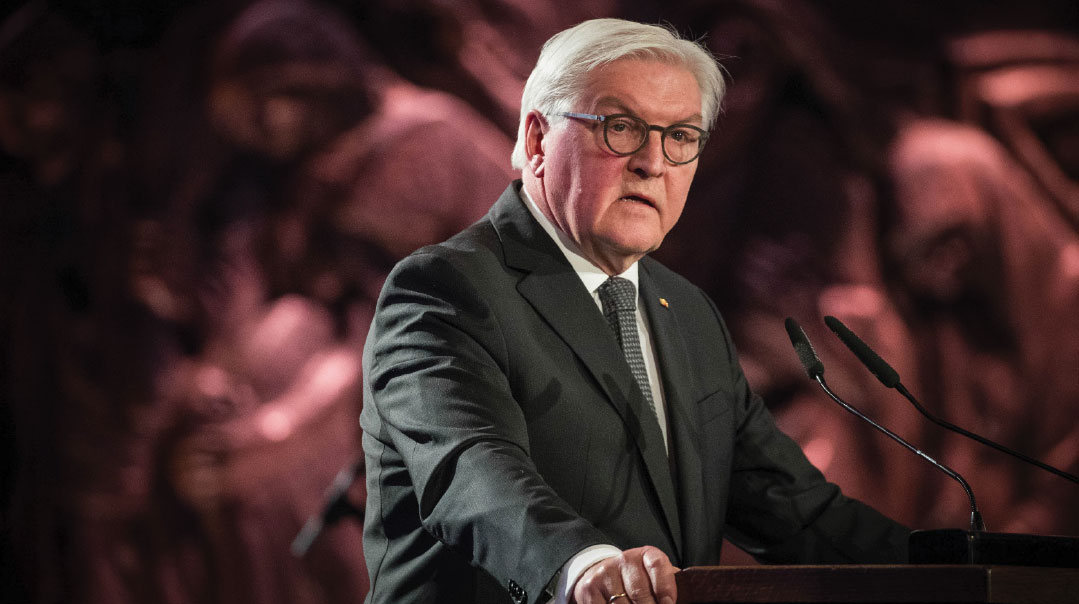At the ICC, A Rigged Investigation

It could make Israel’s top leadership become outlaws and international war criminals

No one expects Israel to get a fair hearing in international institutions, so it’s almost a foregone conclusion that a recently announced International Criminal Court investigation into alleged Israeli war crimes will end with indictments of senior Israeli officials.
The court began its preliminary investigation of Israel in 2015, at the request of the Palestinian Authority. This was just months after Israel’s Operation Protective Edge. In that 50-day war, more than 1,000 Hamas operatives were killed along with 64 Israeli soldiers.
The ICC prosecutor, Fatou Bensouda of Gambia, is pursuing two main sets of charges against Israel: one, that Israelis committed war crimes in Gaza during Protective Edge and other military operations, and second, that Israeli leaders committed war crimes by permitting or encouraging settlements in Judea, Samaria, and East Jerusalem, those parts of Israel formerly occupied by the Jordanians from 1948 to 1967. As she puts it in her report:
“In brief, I am satisfied that war crimes have been or are being committed in the West Bank, including East Jerusalem and the Gaza Strip. Two, that potential cases arising from the situation would be admissible...”
“In addition, there is a reasonable basis to believe that in the context of Israel’s occupation of the West Bank, including East Jerusalem, members of the Israeli authorities have committed war crimes under article 8(2)(b)(viii) in relation, inter alia, to the transfer of Israeli civilians into the West Bank.”
In her 112-page request that the judges affirm her jurisdiction for a full investigation into the “situation in the State of Palestine,” Bensouda relies heavily on past United Nations resolutions and reports, as well as the ICC’s own opinions to support her case. Those very sources and authorities have been heavily criticized by Israel supporters, who claim that the international bodies like the UN are incorrigibly biased against the Jewish state.
Nevertheless, Israel’s government has signaled that it takes the charges seriously and will defend itself. This, despite the fact that Israel is not a member of the ICC (the United States also boycotts the institution), and that in the past, Israel has largely refused to cooperate with the court’s probes.
Jerusalem’s biggest fear is that Israeli military personnel or government officials will be charged with crimes and thus subject under the court’s rules — to testify in their defense. If they refuse, an arrest warrant could be issued, and any of the ICC’s 124-member countries could be compelled to apprehend those charged on behalf of the court. It could make Israel’s top leadership become outlaws and international war criminals.
To further clarify the details of the case, I spoke to Avi Bell, a professor of law at the University of San Diego School of Law and at Bar-Ilan University’s Faculty of Law.
What exactly is the ICC investigating?
“The ICC describes itself as launching investigations into situations, not people, which basically means a geographical area during a certain period of time. The truth is that the investigations are primarily about going after predetermined targets, and attaching legal rhetoric to a conclusion known in advance. In this case, the prosecutor and judges want charges against Israelis. They call it the ‘situation in Palestine,’ but it’s really an investigation against Israelis.”
Yet they have taken five years to go from a preliminary investigation to a full investigation. Do you see any evidence that they hesitated?
“None whatsoever. I think it’s been clear from the outset that it’s an investigation to try to charge Israelis with certain crimes. The crimes were selected by the PLO, not by the court. The investigation’s goal is to gather enough material so that it doesn’t look like a complete joke.”
They also said they are investigating Hamas. Is that correct?
“There are some pro-forma statements that the prosecutor has made in preliminary reports in which she discusses crimes by what she calls Palestinian Armed Groups. She doesn’t view these groups as being connected with the PLO, and perhaps not Hamas either. And it’s clear from the preliminary reports and past ICC practice that no charges will end up being brought against the Palestinians.”
Why is that?
“They are not going to get any cooperation, they are not going to get any evidence, they are not going to have any people to name as defendants. It will be more or less impossible to find people to charge. It’s a rigged game.”
I’ve read that what most Israelis most fear is that they will be limited in their travel opportunities because member states will be obligated to arrest them.
“Unless Israel is able to put pressure on the court, the result will be that there will be arrest warrants, which will direct states around the world to turn over the people who are charged. I presume Israel will be smart enough not to turn the people over, and everybody who is charged will have to check state by state, in advance, if they are able to go there without being turned over. The good news is that there are people who have been charged by the court for which there have been outstanding arrest warrants for many years and defendants have never shown up, never gone to court. They just made sure in advance that they’d be able to travel.”
How do you think Israel should fight these charges? What should its strategy be?
“I think that Israel has followed the wrong strategy until now. The right strategy is the one that the United States has followed, which is complete non-cooperation, continuously pointing out the illegitimacy of the court, using other countries that oppose the court to bring pressure to bear, refusing to issue visas, refusing to allow officials to travel to meet ICC members, and utilizing every kind of available diplomatic and economic sanctions. States have been very successful with this strategy. The prosecutor wanted to bring charges against American soldiers and the judges stopped her because it was clear the United States was not going to cooperate. I think that’s exactly the course that Israel should be following.
“However, that’s not the course that Israel is following. What Israel has done is have an informal dialogue with the prosecutor, in which it has given her Israel’s legal arguments about the court’s lack of jurisdiction. Right now, the team managing contacts with the courts is a legal team, meaning that the State of Israel still sees this as a legal issue, which is a mistake. Having contacts with the court has given the prosecutor the excuse to claim that this is a legitimate process. She is using Israel’s informal contacts as a way of selling the ICC’s own legitimacy. What Israel should be doing is using every opportunity to show the ICC’s illegitimacy.”
Can you give examples of human rights abuses or war crimes that have not been prosecuted by the ICC?
“That’s very easy because there have only been three convictions in the entire history of the ICC. Almost every horrible thing that you can think of that’s happened since 2002, when the court was created, has gone unpunished by the ICC. Everything that’s happened in Syria, in Iran, in North Korea, in Venezuela has been avoided by the court. There will be no convictions of anyone for the horrors.”
Simply because they won’t cooperate?
“Because there’s no reason for the court to get involved. The court is looking for weak defendants, where the court can put together a good case that sounds legal and get a prosecution. Getting involved in Syria would involve a serious political battle that the court is not interested in, whereas going against Israel is fairly easy. It’s not just that Israel is unpopular in Europe, it’s also that Israel itself does not take seriously the need to fight for itself politically.”
How long will this last? And in the meantime, do Israeli officials have to worry about going abroad?
“This process is running toward its conclusion and my guess would be that unless Israel seriously changes its approach, we’re going to see indictments within three years, maybe as little as a year and a half. That said, Israel can change this course by showing the court that it has something to lose in its legitimacy. But so far it doesn’t seem that any senior Israelis have woken up to the need to do that. Will senior Israelis have to worry about where they travel? That would be the result.”
(Originally featured in Mishpacha, Issue 792)
Oops! We could not locate your form.













